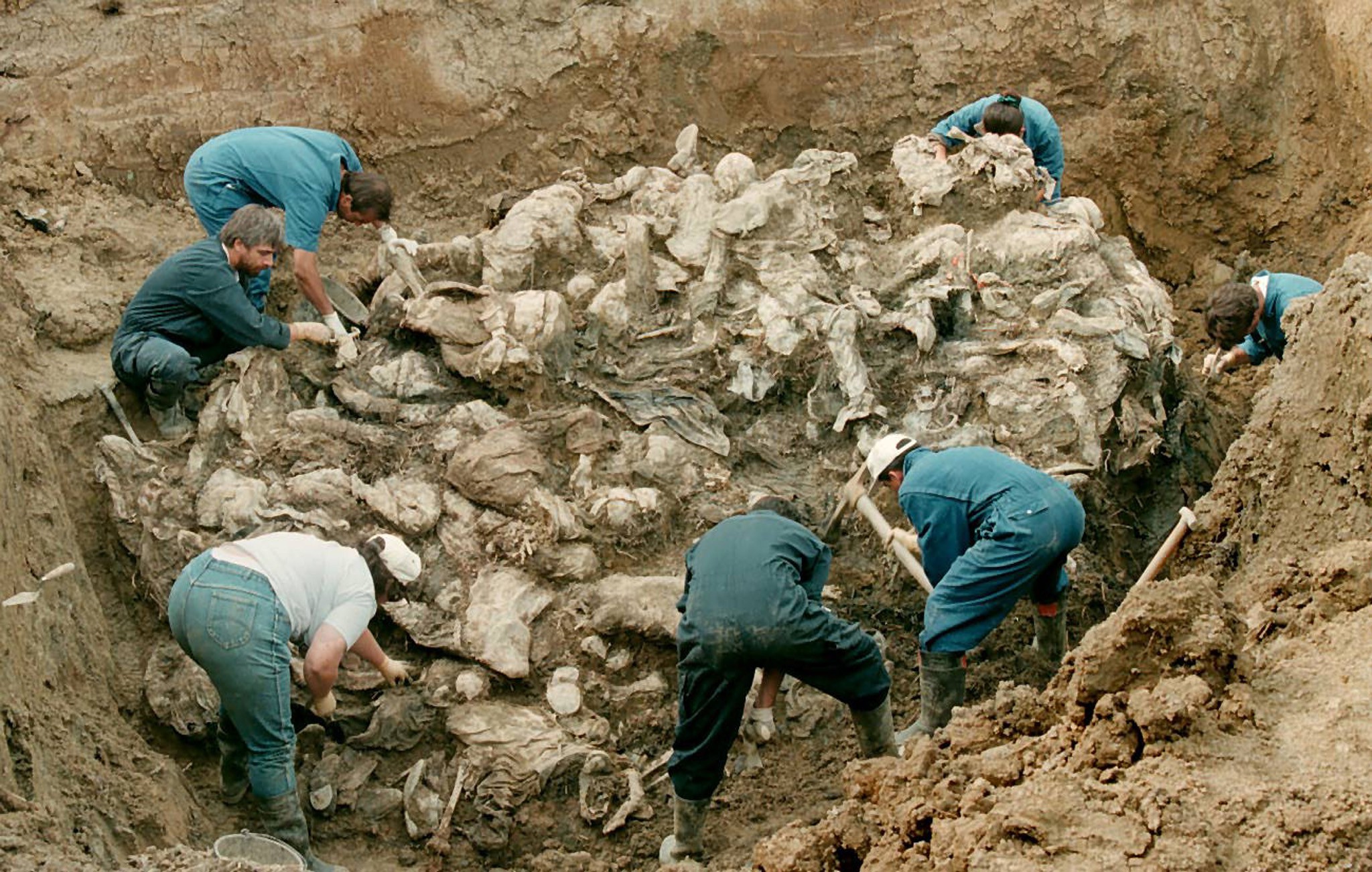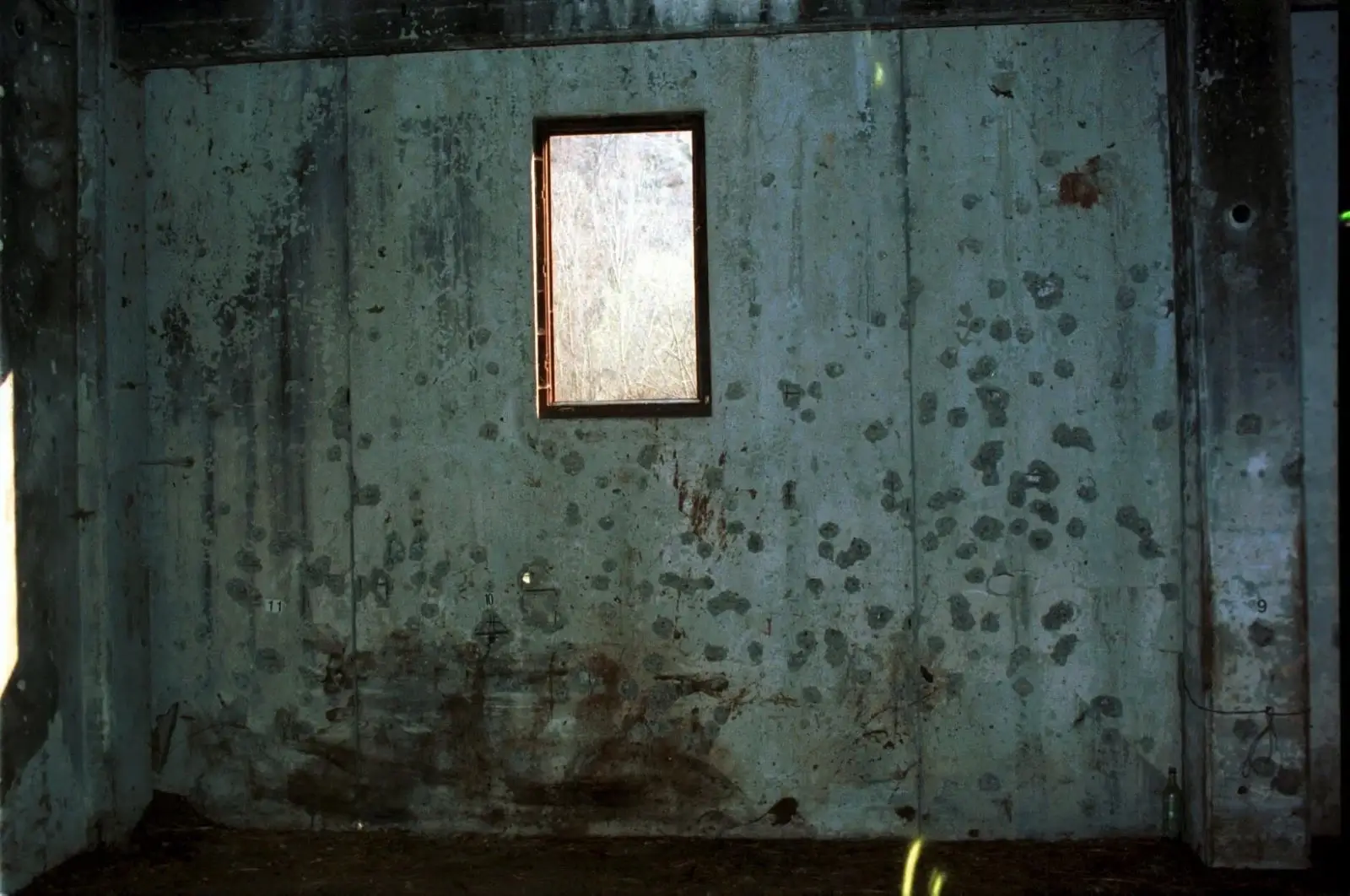If “Memory solidarity is politically difficult?” how then do we heal? As victims give testimony, bodies are still found and graves are dug we are still witnessing the denial of the Genocide. We have witnessed this denial slowly from 2004 to 2018 to the present. On the 25th anniversary of the Srebrenica massacre, revisionist rhetoric about war crimes in Bosnia has spread exponentially.
Witnessing and speaking out is what we can do with the 25th commemoration of Srebrenica, the only mass killing in Balkan wars that was officially ruled as genocide by the international courts. This was an atrocity that was the final act in a much broader genocidal strategy – it was at first coined as an “ethnic cleansing”. The Srebrenica genocide was the planned, systematic, and industrialized conclusion of a four-year campaign of forced deportation, torture, mass murder and systematic sexual violence by Bosnian Serb forces in service of their goal to create a “Greater Serbia”. Some Bosnian Serb historians and politicians continue to deny that genocide and ethnic cleansing took place. Here, both literally and figuratively, ethnic cleansing bleeds into genocide, as mass murder is committed in order to rid the land of a people. This is clearly the case of Srebrenica. The denial of the Bosnian Genocide has led to more suffering and political tension. The nationalism, and racism that has crept up all over the world in words of denial and repression of minorities, it is more than ever important that we remember the victims.
Read articleSources
- Turčalo, S. & Karčić, H. (Eds.). (2021). Bosnian Genocide Denial and Triumphalism: Origins, Impact and Prevention. Faculty of Political Science, University of Sarajevo, in cooperation with Srebrenica Memorial Center and Institute for Islamic Tradition of Bosniaks.

.webp)





